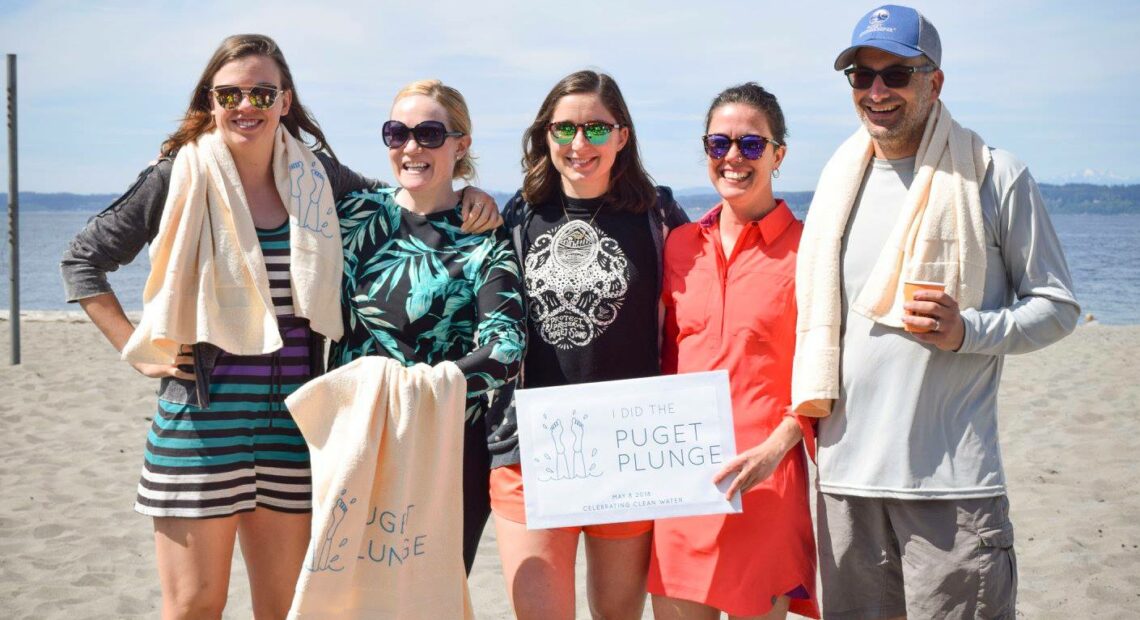
No More Dumping In Puget Sound
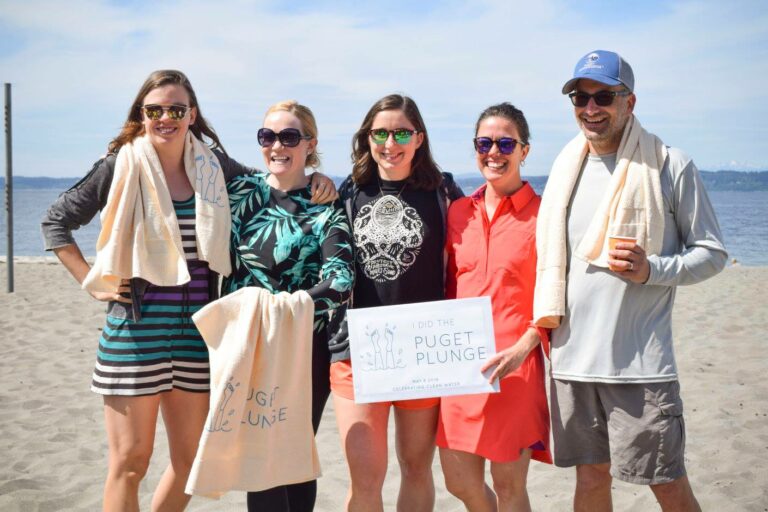
Read
Speed boats, tugboats, cruise ships and any other watercraft operating in Puget Sound will soon have to comply with a new federal No Discharge Zone.
Also known as a NDZ, it prohibits boats from dumping raw or partially treated sewage into the water.
Getting the designation for the sound as a federal NDZ is a battle that Washington has been fighting since 2012, when the state Department of Ecology decided to pursue establishing one, says Mindy Roberts, who worked for the department at the time.
“Many people, actually, were already doing the right thing with their boats, they had tanks on board, and would pump those tanks out, as they filled with blackwater,” Roberts says.
Roberts, who is now the Puget Sound program director for Washington Environmental Council and Washington Conservation Voters, says some tugboats and cruise companies that operate in the sound have not been as conscientious.
After the EPA region 10 approved the NDZ in 2018, Roberts says they began to hear murmurs of plans to overturn the decision by the Trump administration EPA.
American Waterways Operators, which represents the tugboat industry, along with the previous Trump administration EPA, attempted to block the sign-off of the NDZ – by reconsidering compliance costs to the industry, according to a press release from the Washington Environmental Council.
The United States district court in Washington D.C. denied these efforts on Monday. Watercraft operators will have until May 2023 to comply with the NDZ.
Roberts says that the NDZ has always been popular with the public and that this is good news for public health:
“I just don’t think anybody should be dumping their sewage into Puget Sound,” Roberts says.
Related Stories:
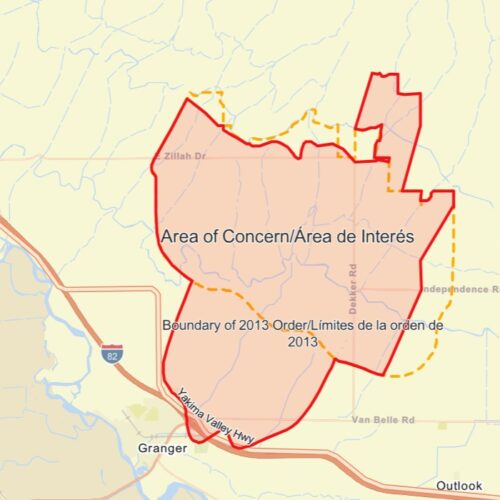
Federal judge orders Yakima County dairies to test wells, drinking water
A federal judge in Eastern Washington granted a preliminary injunction in a lawsuit that
involves over ten Yakima County dairy producers.
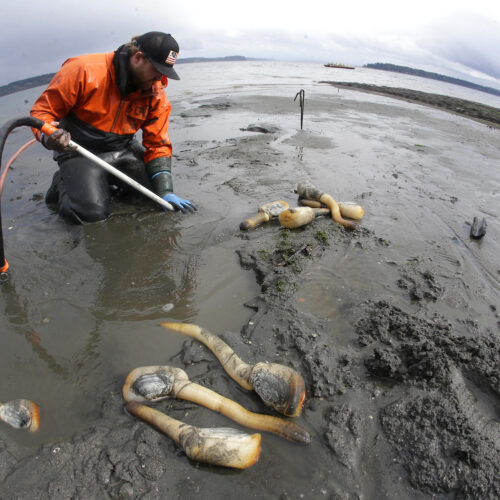
Shellfish harvesters are having to consider biotoxins later into fall and winter
It used to be the case that people who harvest shellfish could breathe a sigh of relief in late autumn. Spring, summer and even early fall have long presented the right conditions for harmful algae to grow and produce biotoxins in waters along the Washington state coast and into Puget Sound.
But in recent years, recreational and commercial harvesters, state agencies and tribes are noticing biotoxin outbreaks more commonly in the winter, too.
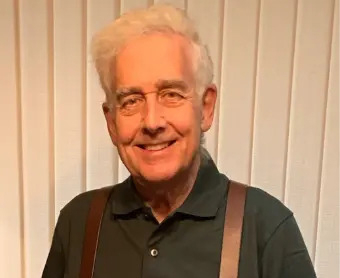
Remembering a South Sound radio icon
John Mangan ran I-91, KVTI for nearly 30 years. (Credit: Kevin Mangan) Listen (Runtime 4:01) Read In the spring, the South Sound lost an airwaves icon. John Mangan ran the















